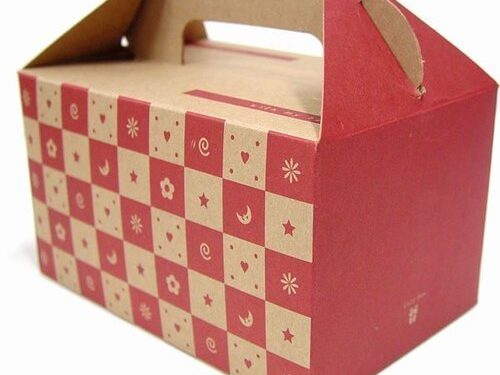Be it for commercial purposes or for personal consumption, handling perishable foods requires a lot of effort and precision. Failing to handle perishable food can lead to an unexpected loss that could be easily avoided. Perishable food includes food like fish, poultry, vegetables, dairy products as well as cooked leftovers. Handling perishable food properly will extend their lifespan and save you money. This is why we can detail four important tips for handling perishable food.
Storage Tips For Perishable Food
- Wash Free Produce: Most fresh produce is available from the soil, therefore leaving them with dirt. This is why it is important to wash fresh produce before storing them. This removes dirt from them, thereby extending their lifespan. Make sure to wash all your fresh produce thoroughly with cold running water, before storing them. Also, ensure to wash your hands with soap and water afterwards. For fresh food like raw meat, poultry and fish, storing them correctly is important for not only their preservation but also that of other food. This is because blood and juices from raw food, can contaminate other food and leave them spoilt. For this reason, it is best to store meat, poultry and fish in a separate compartment of your fridge. The bottom drawer of your fridge is the best place for such food. Also, ensure that you put them in covered containers before refrigerating. Another thing to be mindful of, when it comes to meat, fish and poultry is defrosting properly. Ensure to defrost slowly, taking it out 24 hours before you. This prevents the growth of harmful bacteria in your food.
- Store Ready-to-eat Foods Separately: It is important to keep ready-to-eat food away from raw food like fish, meat and poultry or fresh produce, as they can get contaminated. The trick is to keep them properly covered to preserve their freshness. You can store ready-to-eat food in cling film, kitchen foil, freezer bags or even plastic containers that have lids. In the same vein, it is important to cook your food to a safe temperature. With data loggers, you can be sure to record and regulate the temperature of your cooking.
- Keep Your Work Station Clean: Keeping your work station clean entails keeping your utensils, hands and cooking surfaces free from germs. To keep your utensils clean, wash with hot and soapy water. Also, wash your hands thoroughly with warm soapy water whenever you are working in the kitchen. Wipe your kitchen surface down and always clean with soap and water. Keeping your kitchen clean goes a long way in keeping your food safe from contamination and bacteria.
- Throw The Food Away When You Are Not Sure: If you notice that the food looks discoloured or smells different, it is best to throw it out. You are better safe than sorry, as damaged food can leave you unhealthy. Overall, it is very important that you get food from a vendor that you can trust, as low-quality perishable food tends to get spoilt much faster.
Conclusion
Overall, it is very important that you get food from a vendor that you can trust, as low-quality perishable food tends to get spoilt much faster.











